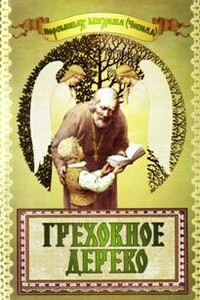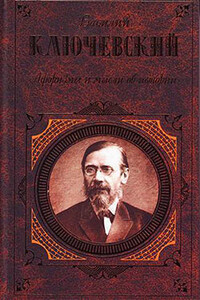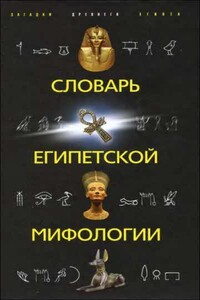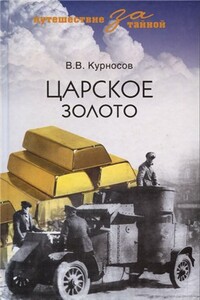Православная миссия в Таиланде в 1999-2014 гг. | страница 39
“I was ordained a priest, and I was offered to go to serve in Thailand,” he says. – Southeast Asia is a specific region, the Church leadership takes into account the voluntary desire of the priests. I consulted with my wife and decided that we should go. The first year I served in the temple in Phuket, and now – on Samui”.
According to the words of the priest, the parish of Samui is more domestic than in Russia. All parishioners are familiar with each other, and actively respond to requests for assistance – for example, to clean the territory of the temple for the feast:
“I communicate with everyone whom I have baptized or married,” says the father Alexey. Even if these people had left Samui, we correspond by e-mail, they ask me as their spiritual father. Although I don’t really know how many people will assemble in the Church for Sunday service. In the middle of the season, the Church is full, because tourists also come, and in November, when it rains hardly and it is impossible to go out of the house, only a few people sometimes attend the service…”
Surprisingly, most of the parishioners came to faith on the island of Samui; when living in Russia, these people did not go to the Church.
Far from home the sense of “Russianness” intensifies, one would like to have own identity, the Russian can`t be dissolved in the Thai environment, even if he tries,” – explains the priest. “Russianness” and Russian culture are inextricably linked with Orthodoxy. And here, strangely enough, people have an opportunity to find themselves in the native culture and faith. Moreover, the temple is the centre of the Russian community; many people find new friends and like-minded people”.6
6 L. Rumyantseva. Escape to Paradise. Russian world.ру. http:www.orthodox.or.th./ru/pdf/Escape to Paradise Ru.pdf (date of access: 03.09.2014).
The priest Roman Bychkov, the acting rector of the Holy Trinity Church in Phuket, began to work with children in 2011 – even before his ordination to the sacred dignity. The children came and studied the Bible and also learned drawingdrawing.
When in May-June 2012 Elena Milashina began to go to the temple with her daughter Anastasia, she asked the priest whether he will be able to engage with a group of children if she brought them, and he agreed. The result was that they organized the first class in the Sunday school; at first it was visited by five children, then by one; then in 2013 it was up to fifteen people. Because of that, together with the children their parents began to come and become parishioners and active participants in the Sunday school. Thanks to the efforts of the parents there were baby mini-performances, in honor of the Nativity of Christ, Victory Day; organized as a theater of shadows. In the early days of the great Patriotic war on June 22, 2013 parents organized and taught a lesson of military history, and on the eve of the feast of the Church – Day of the Holy Trinity – they organized workshops for children and adults for making gifts.7




